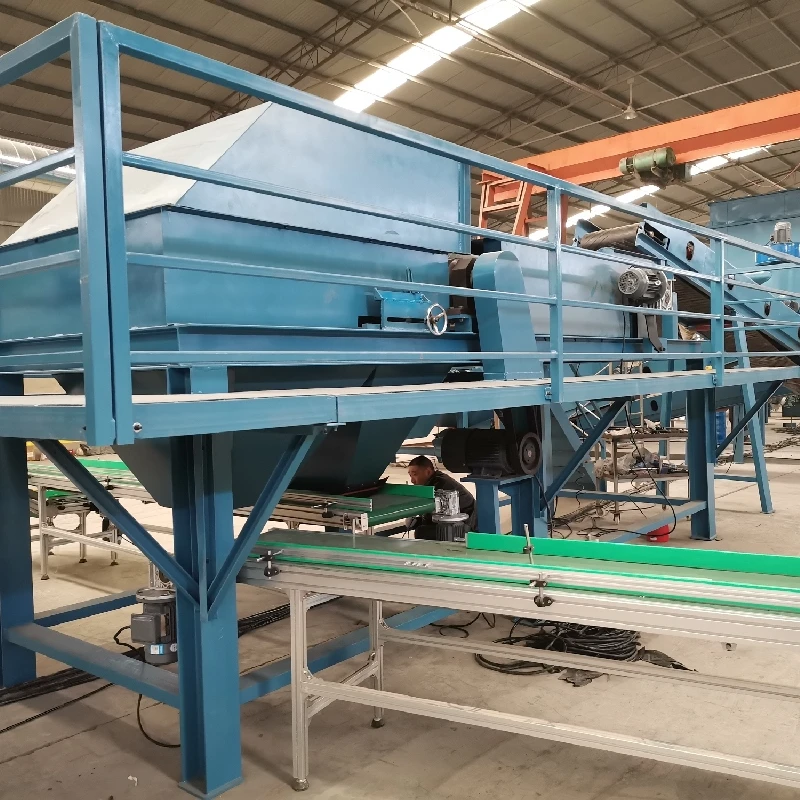Properly disposing of electronics is a critical task in today's technology-driven world. With the rapid pace of innovation leading to frequent upgrades, the disposal of outdated devices has become a pressing environmental concern. Many people are unaware of the potential hazards that improper disposal can pose, not only to the environment but also to public health. Understanding the right methods to dispose of electronics safely is crucial for ensuring both ecological balance and legal compliance.

Firstly, recognizing the importance of electronic waste (e-waste) recycling is essential. E-waste contains a plethora of harmful materials, such as lead, mercury, and cadmium, which can contaminate soil and water sources if dumped in landfills. On the flip side, these electronics also house valuable materials like gold, silver, and copper, which can be extracted and reused through proper recycling processes. Therefore, by recycling e-waste, individuals not only help prevent environmental pollution but also contribute to resource conservation.
Before proceeding with disposal, it is essential to evaluate whether the electronic device can be reused or repurposed. Often, electronics are discarded due to minor issues that can be easily repaired. Seeking professional repair services can extend the life of a device, offering an economical and environmentally-friendly alternative to disposal. Donating functioning electronics to schools, non-profit organizations, or community centers can provide them with necessary technology resources, benefiting society and fostering a culture of sustainability.

When direct reuse is not feasible, turning to certified e-waste recycling services is the next best step. These services ensure that devices are dismantled safely, with hazardous components managed carefully to prevent any adverse environmental impact. Certified recyclers adhere to strict environmental regulations and standards, offering peace of mind that the electronic waste is handled responsibly. It is advisable to check for certifications such as R2 (Responsible Recycling) or e-Stewards, which validate a recycler's commitment to high environmental and ethical standards.
Some manufacturers and retailers offer take-back programs or trade-in services, where consumers can return their old electronics in exchange for discounts on new purchases. This manufacturer-responsibility model incentivizes consumers to recycle and allows companies to manage waste in an efficient manner. Additionally, engaging with these programs supports corporate sustainability initiatives, encouraging brands to adopt greener practices across their operations.
how do you dispose electronics
It is crucial to securely manage personal data stored on electronic devices before disposal. Data breaches are a significant concern with discarded electronics, as recovered data can be exploited maliciously. Clearing personal information involves resetting devices to factory settings and using data-erasing software that complies with data security standards. For highly sensitive information, physical destruction of the hard drive might be necessary to ensure data cannot be retrieved.
Government regulations also play a vital role in managing electronic waste. Familiarizing oneself with local laws regarding e-waste disposal can help avoid legal repercussions. Many regions have established e-waste collection centers and events, making it easier for individuals to dispose of their electronics responsibly. Participating in these programs not only ensures compliance with legal requirements but also supports governmental efforts to enhance community-wide recycling activities.
Furthermore, educating oneself and others about the importance of responsible electronic disposal through workshops, community events, and social media campaigns can significantly drive collective action towards sustainable practices. Encouraging peers and family members to adopt eco-friendly habits fosters a culture that prioritizes environmental health and safety.
In conclusion, the responsible disposal of electronics demands a conscientious approach that combines personal initiative with the utilization of available resources and programs. From recycling and refurbishment to benefiting from trade-in offers and understanding local regulations, a myriad of options exist to ensure electronics are disposed of safely and ethically. By taking these steps, individuals contribute to a sustainable future, reducing harmful environmental impacts and promoting a circular economy.


